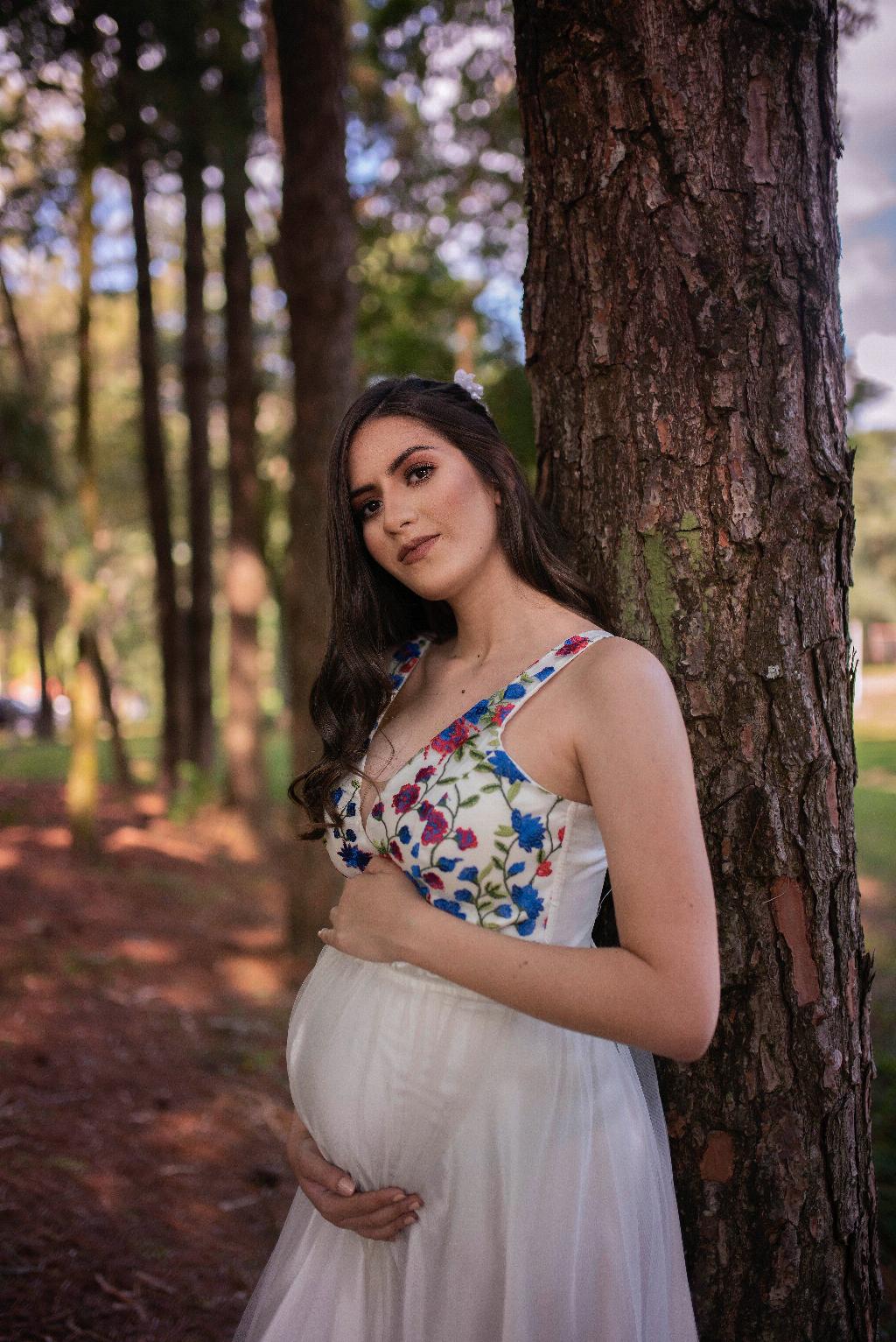One of the key factors that determine the chances of getting pregnant is ovulation. Ovulation is the process when a mature egg is released from the ovaries, making it available for fertilization. Typically, ovulation occurs around the midpoint of a woman’s menstrual cycle.
Determining the Most Fertile Time
For women with a regular menstrual cycle, ovulation usually happens approximately 12 to 14 days before the start of their next period. This time frame is often regarded as the most fertile window in a woman’s cycle, as the egg can be fertilized for about 12 to 24 hours after its release.
Understanding Your Menstrual Cycle
It is essential to understand your menstrual cycle to identify the most fertile days accurately. Tracking your cycle over a few months can help you pinpoint the timing of ovulation and maximize your chances of conception.
Factors Affecting Ovulation Timing
While the average menstrual cycle is around 28 days, the length can vary among women. Factors such as stress, illness, or hormonal imbalances can influence the timing of ovulation, making it essential to pay attention to your body’s signals.
Optimizing Conception Opportunities
Knowing your ovulation schedule can help you plan intercourse around the most fertile days, increasing the likelihood of conception. Sperm can survive in the female reproductive tract for several days, so having intercourse in the days leading up to ovulation can also result in pregnancy.
Enhancing Fertility Naturally
Leading a healthy lifestyle, maintaining a balanced diet, engaging in regular physical activity, and managing stress levels can all contribute to boosting fertility naturally. These practices can support overall reproductive health and increase the chances of conception.
Seeking Medical Advice
If you have been trying to conceive for an extended period without success, it may be beneficial to consult a healthcare provider. They can conduct fertility assessments, identify any underlying issues, and provide guidance on assisted reproductive technologies if needed.
Importance of Timing Intercourse
Understanding when ovulation occurs in your cycle and timing intercourse accordingly can significantly impact your chances of pregnancy. By aligning sexual activity with the most fertile days, you optimize the opportunity for sperm to fertilize the released egg.
Addressing Ovulation Irregularities
If you experience irregularities in your menstrual cycle or suspect issues with ovulation timing, it is crucial to discuss these concerns with a healthcare provider. They can conduct assessments to determine the cause and recommend appropriate interventions.
Tracking Ovulation Signs
Learning to recognize the signs of ovulation, such as changes in cervical mucus consistency, basal body temperature fluctuations, and ovulation predictor kit results, can aid in pinpointing your most fertile days accurately.
Hope and Patience in the Conception Journey
Embarking on the journey to conceive can be a mix of excitement and uncertainty. It’s essential to remain patient and hopeful while navigating the process, understanding that each individual’s fertility journey is unique and may require time and perseverance.
Focusing on Wellness and Emotional Wellbeing
Alongside physical health considerations, prioritizing emotional wellbeing and maintaining a positive mindset can support overall fertility and enhance the conception process. Engaging in activities that bring joy and relaxation can help reduce stress levels and optimize reproductive health.
Conclusion
In conclusion, the highest chance of pregnancy typically occurs around the time of ovulation, which usually happens 12 to 14 days before the start of the next menstrual period. By understanding your menstrual cycle, tracking ovulation signs, and optimizing conception opportunities, you can enhance your chances of conceiving and embark on a fulfilling fertility journey.

